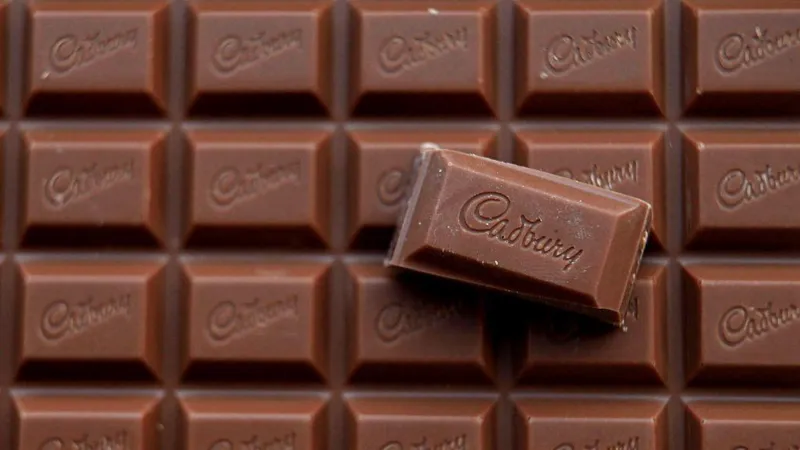Business
High Court Blocks MDCAT Merit List Amid Controversy Over Exam Error

Multan,October25: In a decisive legal move, Supreme Court Advocate Rana Asif Saeed and Barrister Malik Abad-ur-Rehman Hur have filed a petition with the Lahore High Court’s Multan Bench, challenging the validity of certain questions in the recent MDCAT (Medical and Dental College Admission Test). The petition, labeled WP 13081/24 (Zainab Afzal vs. UHS and others), calls into question the accuracy of the examination, which is critical for medical and dental admissions.
challenging the validity of certain questions in the recent MDCAT (Medical and Dental College Admission Test). The petition, labeled WP 13081/24 (Zainab Afzal vs. UHS and others), calls into question the accuracy of the examination, which is critical for medical and dental admissions.
Justice Muhammad Reza Qureshi, presiding over the case, issued an interim order barring the University of Health Sciences (UHS) from releasing the final merit list until the matter is settled. He further directed UHS to address grievances from affected students within a week, underlining the urgency of the issue.
“This is a matter of grave importance, given the involvement of senior legal professionals,” remarked Justice Qureshi. Advocate Rana Asif Saeed and Barrister Malik Abad-ur-Rehman Hur welcomed the court’s decision, describing it as a vital intervention to protect student interests. “Without this stay order, the educational futures of nearly 25,000 students could have been at stake,” they noted.
The case was brought forward by petitioner Zainab Afzal, whose legal action has been hailed as a brave step towards safeguarding the academic aspirations of thousands. The High Court’s ruling ensures that 25,000 candidates will not suffer undue harm while the examination’s legitimacy is scrutinized.
Business
An AI started ‘tasting’ colours and shapes. That is more human than you might think

The brain often blurs the senses – a fact that marketers often use in the design of food packaging. And AIs appear to do the same.
What is the flavour of a pink sphere? And what is the sound of a Sauvignon Blanc?
Such questions may sound ridiculous, but a huge body of literature shows us that the human brain naturally merges sensory experiences. We may not be conscious of the phenomenon, but we associate different colours, shapes and sounds with different flavours in ways that can subtly shape our perceptual experience, for example.
The colour of our glass, or music playing in the background of a bar, can determine how sweet or musky a wine tastes, for instance. “This cross talk between the senses is happening almost on an ongoing basis all the time,” explains Carlos Velasco at the BI Norwegian Business School in Oslo, Norway. In extreme cases it can manifest in a blurred sensory experience for some people where words might trigger specific tastes or music produces a riot of colour – something known as synaesthesia.
And while the idea that you can “taste” a colour or sound may seem absurd enough, Velasco’s latest research suggests that generative artificial intelligence systems may also do this too. As with all AI algorithms, this is largely a reflection of biases in the data they were trained on, so they are perhaps just highlighting how common these associations may actually be. But Velasco and his colleagues hope to use this fact to find many other ways to hack human senses.
Business
Car industry consulted over 2030 petrol and diesel ban

The UK motor industry is being consulted over how the phasing-out of new petrol and diesel cars by 2030 will work, the government has announced.
The ban on sales of these vehicles had been extended to 2035 under the previous Conservative government but Labour said it would restore the 2030 deadline in its election manifesto.
Transport Secretary Heidi Alexander is now seeking views from automotive and charging experts to “restore clarity” on how to deliver the ban.
Car industry leaders have warned drivers were not switching to electric vehicles at the rate needed to meet the deadline due to the cost of buying the cars privately and charging point infrastructure.
Business
Cadbury loses royal warrant after 170 years

Chocolate maker Cadbury has been dropped from the list of royal warrants for the first time in 170 years.
The Birmingham-based chocolatier was awarded its first royal warrant as chocolate and cocoa manufacturers by Queen Victoria in 1854, but it has lost its royal endorsement under King Charles.
Cadbury’s US owners, Mondelez International, said it was disappointed to have been stripped of its warrant.
The King has granted royal warrants to 386 companies that previously held warrants from Queen Elizabeth II, including John Lewis, Heinz and Nestle.
-

 Entertainment4 months ago
Entertainment4 months agoEarthquake scientists are learning warning signs of ‘The Big One.’ When should they tell the public?
-

 International4 months ago
International4 months agoTarar accuses Imran Khan of conspiring with Faiz Hameed to destabilise Pakistan
-

 International2 months ago
International2 months agoPTI Announces Not to Boycott New Committees
-

 Business3 months ago
Business3 months agoMajor Corruption Scandal Uncovered at WASA Multan: Rs1.5 Billion Embezzlement Exposed
-

 Business4 months ago
Business4 months agoThe Impact of QR Codes on Traditional Advertising
-

 Business4 months ago
Business4 months agoThe Benefits and Problems of International Trade in the Context of Global Crisis
-

 Business4 months ago
Business4 months agoFraud by Pakistani Firm Sparks Outrage in Business Community; Concerns Rise Over International Investment
-

 International4 months ago
International4 months agoTreat cancer with Balanced Diet






